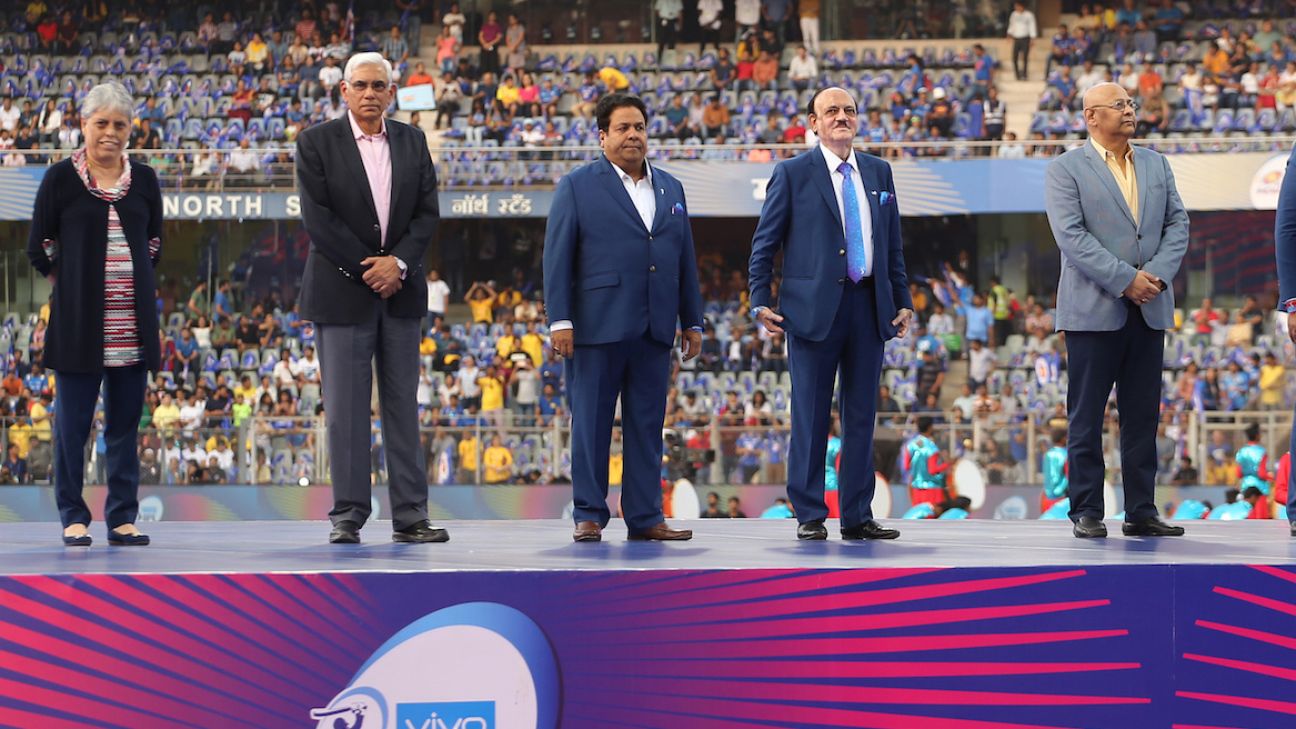
The ICC is considering cutting into the annual revenue it will give to the BCCI as it continues to find ways to recoup the money it lost as a result of the tax paid during the 2016 World T20 held in India. The 10% tax paid by the ICC to Indian tax authorities has resulted in a revenue loss of $20-30 million. The minutes of a Committee of Administrators (CoA) meeting held on July 6 state that while these events were previously tax exempt, the Indian government's stance changed in 2016, which forced the BCCI to withhold 10% of the amount payable by the broadcaster, Star Sports, to the ICC.
Early last year it had emerged that India could be in danger of losing out on hosting the 2021 Champions Trophy (since replaced by the T20 World Cup) as well as the 2023 World Cup. The ICC management had been directed to seek alternative venues if the issue wasn't resolved.
"The Board agreed that ICC management, supported by the BCCI will continue the dialogue with the Indian Government but in the meantime directed ICC management to explore alternative host countries in a similar time zone for the ICC Champions Trophy 2021," the ICC had said in a release in February 2018.
The minutes of the CoA meeting held last month state that the BCCI "made all efforts" with the government to try and ensure a tax exemption but three years on, the tax authorities have not budged. In the last decade alone, the Indian government allowed tax exemptions for the 2006 Champions Trophy as well as the 2011 World Cup.
For the 2006 event, Ehsan Mani and the late Jagmohan Dalmiya, had directly negotiated an exemption with the Indian government. On the basis of that negotiation, the government had passed a legislation in the tax act which allowed international sporting events to be exempted. This applied as recently as 2017, when the FIFA Under-17 World Cup got a tax break for broadcast equipment imported by FIFA host broadcasters.
The BCCI will now seek the opinion of an English law firm about their legal options, since the 2016 event agreement between the board and the ICC was governed by English law.















 Phone: (800) 737. 6040
Phone: (800) 737. 6040 Fax: (800) 825 5558
Fax: (800) 825 5558 Website:
Website:  Email:
Email: 






